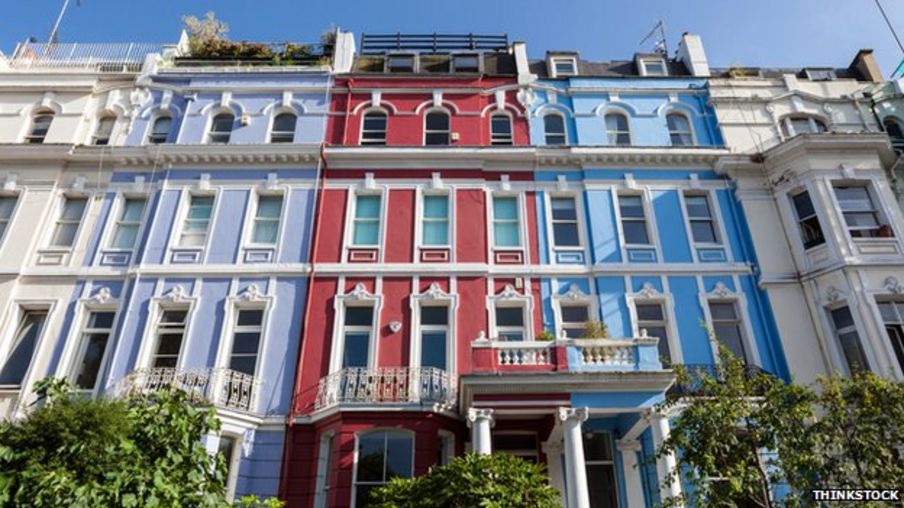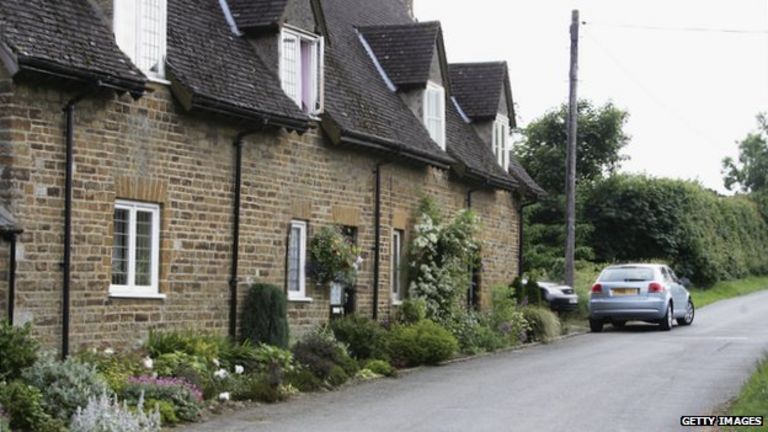
Central London house prices fall 'by up to 22%' - report
06-12-2015
From the section Business
House prices in the smartest parts of London have fallen by up to 22% since last Autumn, according to the property services group LSL.
The company said that Kensington and Chelsea had seen prices plummet by 16% since a peak in September 2014.
In Westminster it claimed there had been a fall of 22% between a peak in November and the end of May.
It blamed the fall on the new stamp duty regime, introduced in December, which penalises expensive properties.
Based on average prices, anyone buying a property in Kensington and Chelsea can now expect to pay more than £118,000 in stamp duty alone.
"This fall-off in the top tiers of the market has cooled activity levels too," said Adrian Gill, director of Reed Rains and Your Move estate agents, part of the LSL group.
He said the number of homes being sold in London as a whole had dropped by 16% in the year to April.
A wider survey by the Royal Institution of Chartered Surveyors (RICS) reported that the stock of houses per surveyor has fallen to its lowest level for at least 37 years.
Suburbs
However, prices in the London suburbs - and other parts of England and Wales - continued to hit new highs, said LSL.
According to its calculations, prices rose by 4.5% in the year to May, making the average cost of a home £277,178.
That is similar to estimates by the Office for National Statistics, but much higher than figures from Halifax and Nationwide.
Buyers of properties worth less than £937,000 now pay less in stamp duty than they used to.
Prices in England's smallest county - Rutland - rose by 23.8% over the year, while those in the Welsh county of Carmarthenshire went up by 16.4%.

House prices in Rutland have risen by nearly a quarter in the last year, said LSL
Thirteen outer London boroughs saw prices hit new highs.
Previous figures from the Land Registry have suggested that prices in the suburbs across England and Wales have been taking off, including in parts of Manchester.
The separate RICS survey suggests prices in England and Wales could rise by as much as 25% over the next five years, due to the shortage of housing stock.
It said that, away from the South East, the strongest growth was expected in north-west England, as a result of the government's northern powerhouse initiative.
LSL's house price index is based on statistics released by the Land Registry, so includes cash sales.

